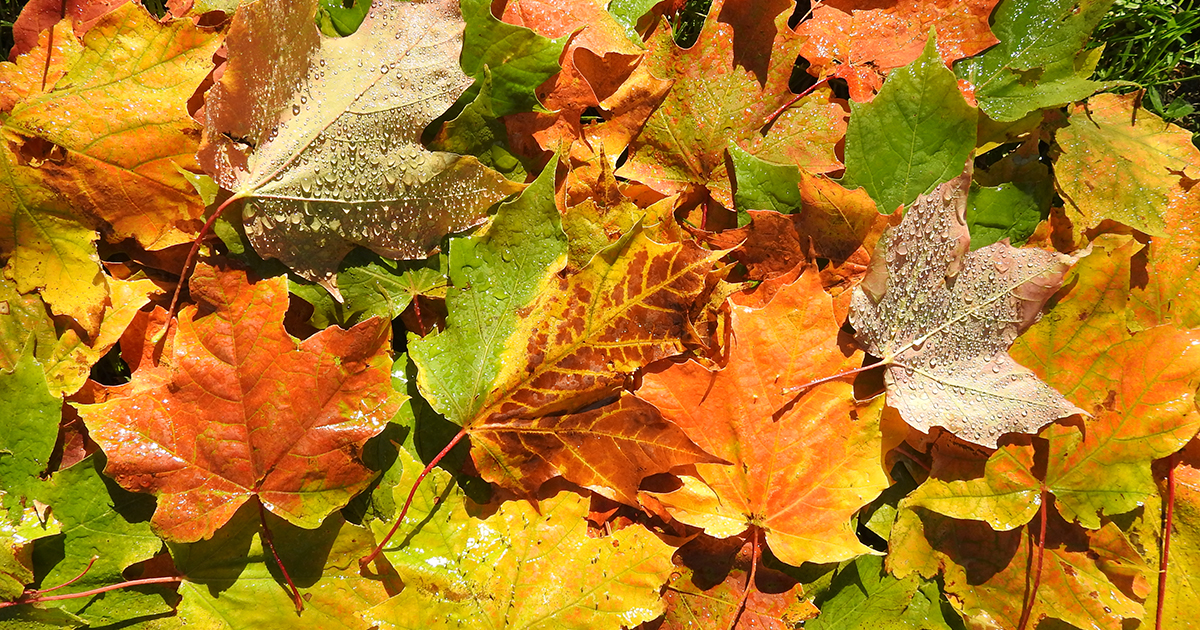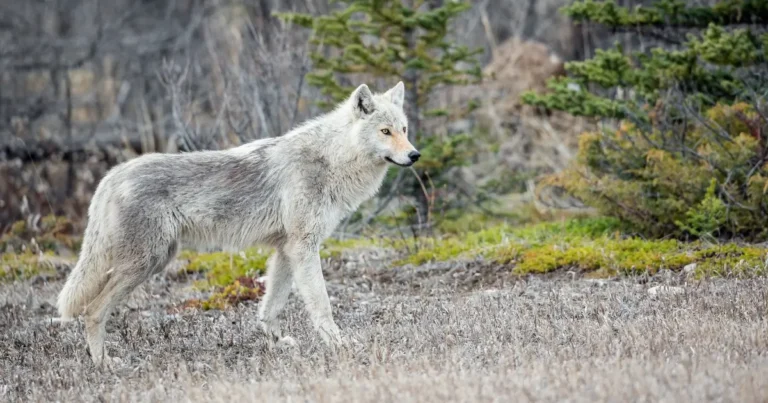
By Meg Deak
Volunteer Writer
Autumn is here. The time of year when the leaves of maple and deciduous trees alike, start to change color and fall to the ground. Along with twigs and branches, these leaves become what is known as leaf litter.
While leaf litter may seem like an annoyance, costing you extra time and money in lawn maintenance, it is an essential habitat and necessary for the health of the environment.
In fact, the Nature Conservancy of Canada recommends that people leave their leaves on the ground instead of raking them because of the important role leaf litter plays in ecosystems.
Leaf litter is incredibly biodiverse. Looking under a bed of fallen leaves in your yard, you will be amazed at the biodiversity you see. Species of frogs, toads, worms, bees, spiders, beetles, millipedes, and other small animals can all be found under leaf litter.
In the cold winter months these organisms use the leaves as a blanket, which creates insulation from cold winter temperatures, allowing them to survive. Through helping retain moisture, leaf litter helps regulate temperature, which is especially important in cold areas where animals and plants depend on leaf litter for protection from the cold.
Some invertebrates such as butterflies, also use leaf litter as a nursery, laying their eggs in the leaves. With the help of bacteria and fungi, other invertebrates decompose the leaf litter, transforming the leaves and dead plant matter into nutrient rich mulch. This mulch becomes food for living plants and is key for healthy soil.
Considering the abundance of invertebrates in the leaves, leaf litter is a good foraging spot for birds, small animals, and carnivorous insects, to find their lunch. For other organisms, like small animals, leaf litter makes a good hiding spot from predators.
Along with helping organisms survive in the present, leaf litter also helps organisms in the future by helping combat climate change. When leaf litter decomposes it stores carbon and continues to store some of their carbon in the soil of your backyard, transforming the area into a carbon sink.
Considering the important role leaf litter plays in a healthy ecosystem, The time is now to ditch the rake and become a carbon gardener. Raking your lawn may be a societal norm, but it doesn’t have to be.
If you are concerned about a thick layer of leaves hindering the growth of your lawn, remove some of the leaves, leaving a light layer. You can put the excess leaves in your garden.
As long as the leaves aren’t in a place where they could cause a tripping hazard to others (like sidewalks), you can leave them be. Leaving the leaves in your yard will not only save you time and money but will also help the health of the environment.
